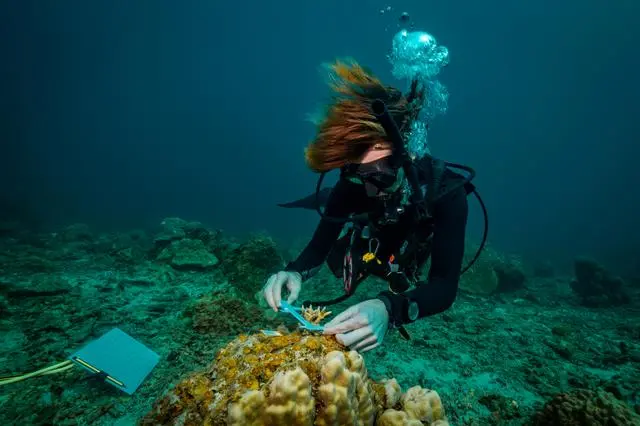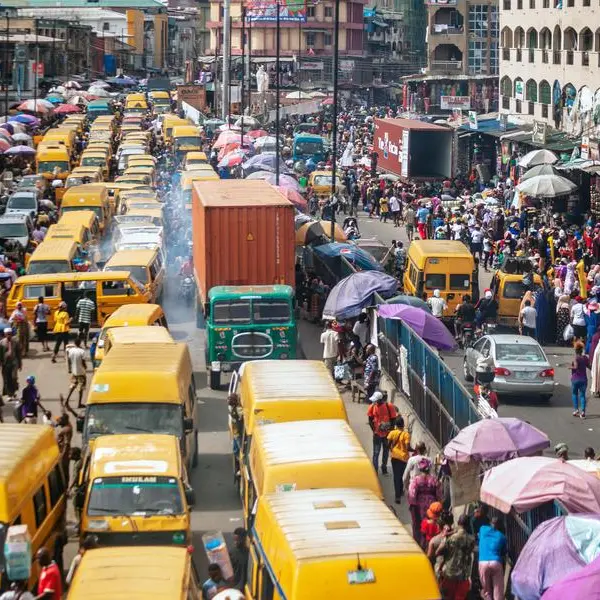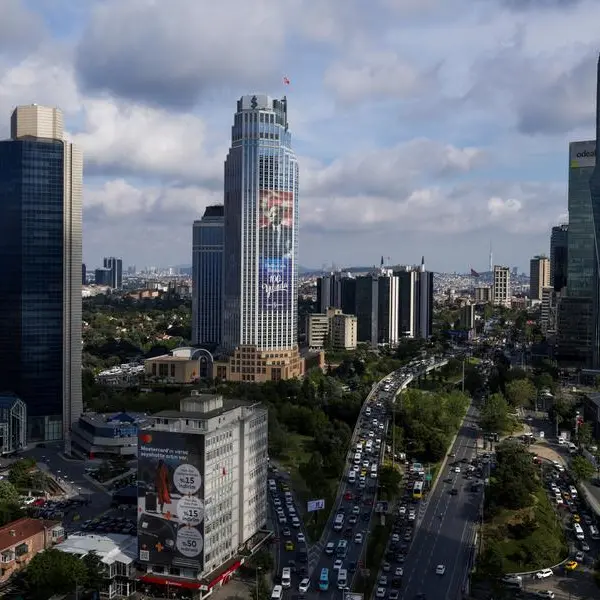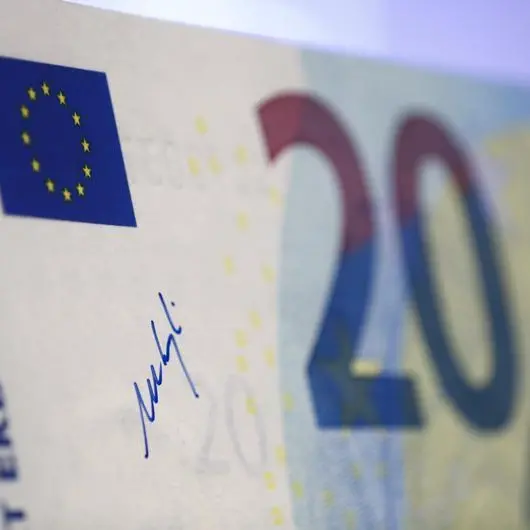PHOTO
The region’s first blue bond was listed last week on Nasdaq Dubai by ports and logistics company DP World, but experts say the sector may need a boost in net zero implementation or regulatory requirements to take off.
Blue bonds are designed to support projects that promote healthy oceans and the responsible conservation of water resources.
The overall MENA bond market made a strong start in January, with volumes touching $28 billion, according to Standard Chartered. This marked an increase of 21% over 2024, which had seen a record closing of $130 billion.
Salman Ansari, Global Head, Capital Markets, Standard Chartered said 2025’s overall bond market in the region has the potential to outstrip 2024’s.
Sustainability volumes have been among the fastest growing in the region, up seven times in five years across green bonds, blue bonds, social and sustainability linked bonds, he said.
“That said, ESG issuances coming to market are just one of many new funding pathways that have opened up in the MENA markets in the last few years,” he added.
However, another senior banker speculated that after the region’s first blue bond, announced by DP World last week, the Middle East may have to wait a while before there is another similar bond. He noted that such issuances likely related to raising a corporate’s ESG profile.
There is a relatively small pool of investors for a blue bond compared with that of the Islamic market in the region, he said, and the question remains as to how many incremental new investors will be attracted by them.
The $100 million issuance is relatively small for DP World, which raised $1.5 billion through a green sukuk in 2023.
There may be issuances from large regional players in the future, the banker said, but they are unlikely to become commonplace.
Acceleration
Rawan Oueidat, director, corporate ratings at S&P Global said the ratings agency sees the share of sustainable bond issuance in the Middle East higher than the global average of 12-14%, putting it at 15-20% of total bond issuance.
But, she said to take off, sustainable bond issuance in the Middle East could require acceleration in the implementation of net zero policies, and, other factors including regulatory requirements, as well as external overall macroeconomic trends which play a role in shaping funding appetite.
Renewable energy is a key focus for use of proceeds in the region, with most issuances including it, she added.
Water and wastewater management is a key project listed in most uses of proceeds in sustainable labelled bonds in the Middle East, particularly in the UAE and Saudi Arabia.
But globally, blue instruments total less than 1% of the sustainable financing market at $13.4 billion.
Issuance is however set to rise, given the World Economic Forum's estimate of about $175 billion in annual funding needed to meet the UN’s sustainable development goal (SDG) of conserving and sustainably using the oceans, seas, and marine resource, Oueidat concluded.
Critical source of US dollar funding
Bashar Al Natoor, Global Head, Islamic Finance, at Fitch Ratings, said there is an increasing focus among sovereigns, banks and corporates on ESG, with the global ESG market projected to surpass $50 billion in 2025.
It has emerged as a critical US dollar funding tool in Islamic finance markets such as Saudi Arabia, the UAE, Indonesia and Malaysia, highlighting growth potential in innovative financial instruments that align with regional stability goals.
Fitch puts the ESG debt capital market in the GCC at $46.3 billion outstanding in 2024, with 44% of that being sukuk.
Nasdaq Dubai, where DP World’s blue bond is listed, was the largest primary listing venue for ESG sukuk globally, holding a 35% share of global outstanding volumes at the end of 2024, he said, adding: “However, risks such as Shariah-compliance complexities, weakening sustainability drives, geopolitical uncertainties, and oil volatilities could impact the adoption and growth of ESG sukuk.”
The DP World blue bond matures in 2029 with a 5.25% coupon rate, which Nasdaq Dubai said achieved a spread of 99.6 basis points above US Treasuries, the tightest ever spread achieved by the corporate.
(Reporting by Imogen Lillywhite; editing by Seban Scaria)





















